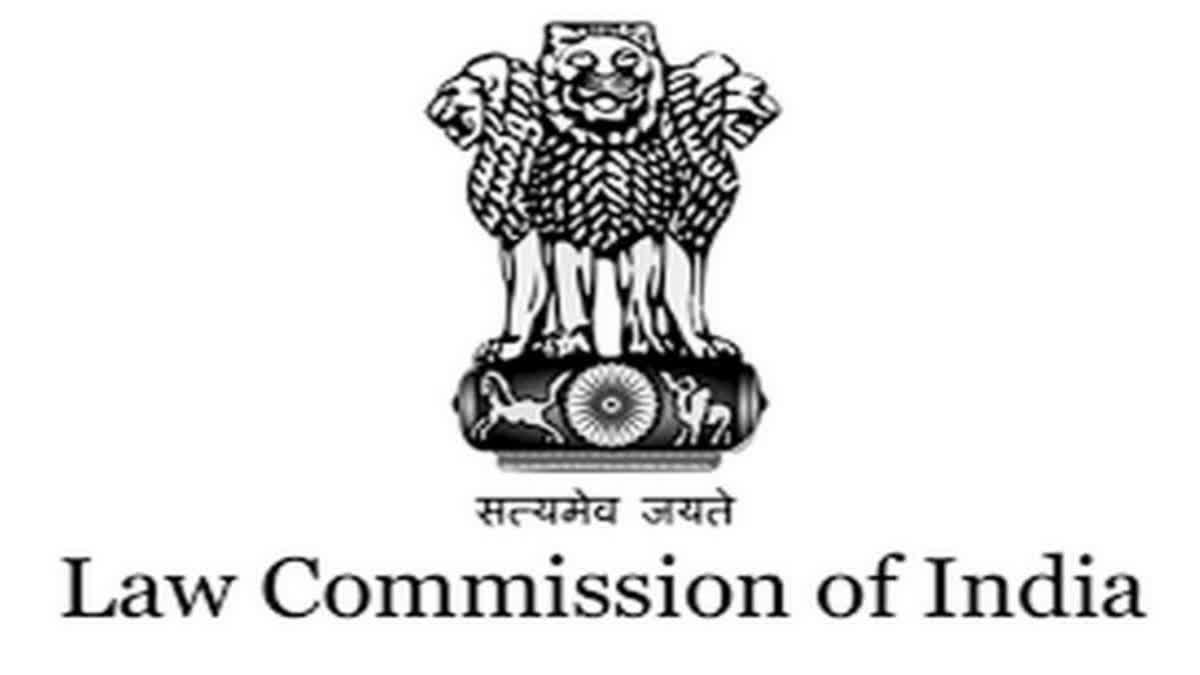New Delhi: The Law Commission has recommended for allowing registration of e-FIR where the accused are not known for all cognisable offences as per Section 154 of the Code of Criminal Procedure. The Commission said the technology and means of communication have progressed in leaps and bounds and in such a landscape, clinging on to an archaic system of registering FIRs does not augur well for criminal reforms.
“The Commission, therefore, is of the considered view that registration of e-FIR be enabled in a phased manner, beginning with offences bearing a punishment of up to three years imprisonment. This would allow the relevant stakeholders to test the efficacy of the proposed system, and at the same time, keep the possible misuse of such a facility to a bare minimum”, said the Commission in its 282nd report submitted to the Law Ministry.
It noted that the problem of non-registration of FIR even in cognisable cases is experienced by the public even today and is one of the main causes for delay in disposal of cases involving commission of heinous crimes. The Commission said it is of the measured view that a centralised national portal be created to facilitate the registration of e-FIR and enabling registration of e-FIR would tackle the long persisting issue of delay in registration of FIRs allowing citizens to report crimes in real time.
The report said, “In tune with India's progressive Digital India mission and National e-Governance Plan, the Commission recommends that in cases where the accused is not known, registration of e-FIR should be allowed for all cognisable offences as per Section 154 of the Code of Criminal Procedure, 1973”.
Also read: Fabrication of court order, SC directs registrar to lodge police complaint
The Commission said in order to avoid false registration of e-Complaints/e-FIR and for the constructive use of the facility, it is important that the verification of the complainant or informant is done using e-Authentication techniques. “This can be achieved by verifying mobile numbers through OTP for the purpose of registering e-FIR/e-Complaint and mandating the uploading of valid ID proof like Aadhaar or any other government approved ID”, said the report.
It said, “A minimum punishment of imprisonment and fine should be imposed for false registration of e-Complaints or e-FIR. This can be achieved by amending the provision under Section 182 of the Indian Penal Code, 1860….”. The panel examined the matter on a reference by the Ministry of Home Affairs made in July, 2018, to consider "amending Section 154 CrPC for enabling online registration of FIR".
It also noted the Crime and Criminal Tracking Network and Systems (CCTNS) project was started in 2009. According to the Bureau of Police Research & Development, eight States namely Delhi, Gujarat, Karnataka, Madhya Pradesh, Odisha, Rajasthan, Uttar Pradesh and Uttarakhand have implemented registration of e-FIR under the CCTNS Project of the NCRB. The Commission recommended that states may expand the list of offences for which e-FIR may be registered in future, if the working of registration of e-FIR tums out to be effective.
“To facilitate the implementation of e-Governance projects at various levels across the country, registration of e-FIR will be one of the most important steps. Apart from improving transparency, it will improve overall efficiency and convenience for the citizens and police alike. Secured data will be generated by the registration of e-FIR and would provide for better track of evidence during trial”, said the report.



